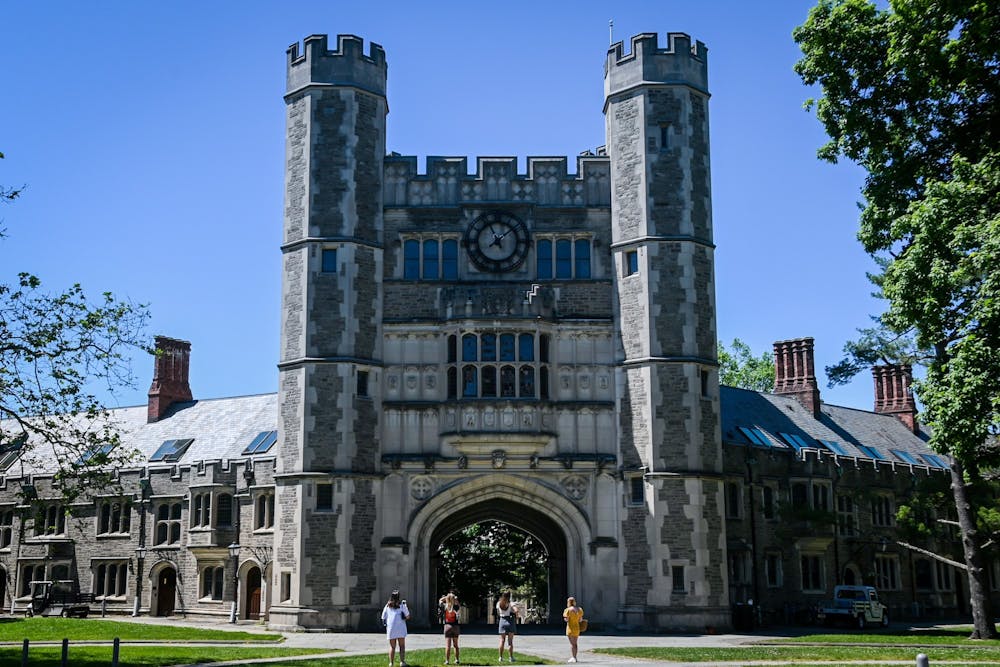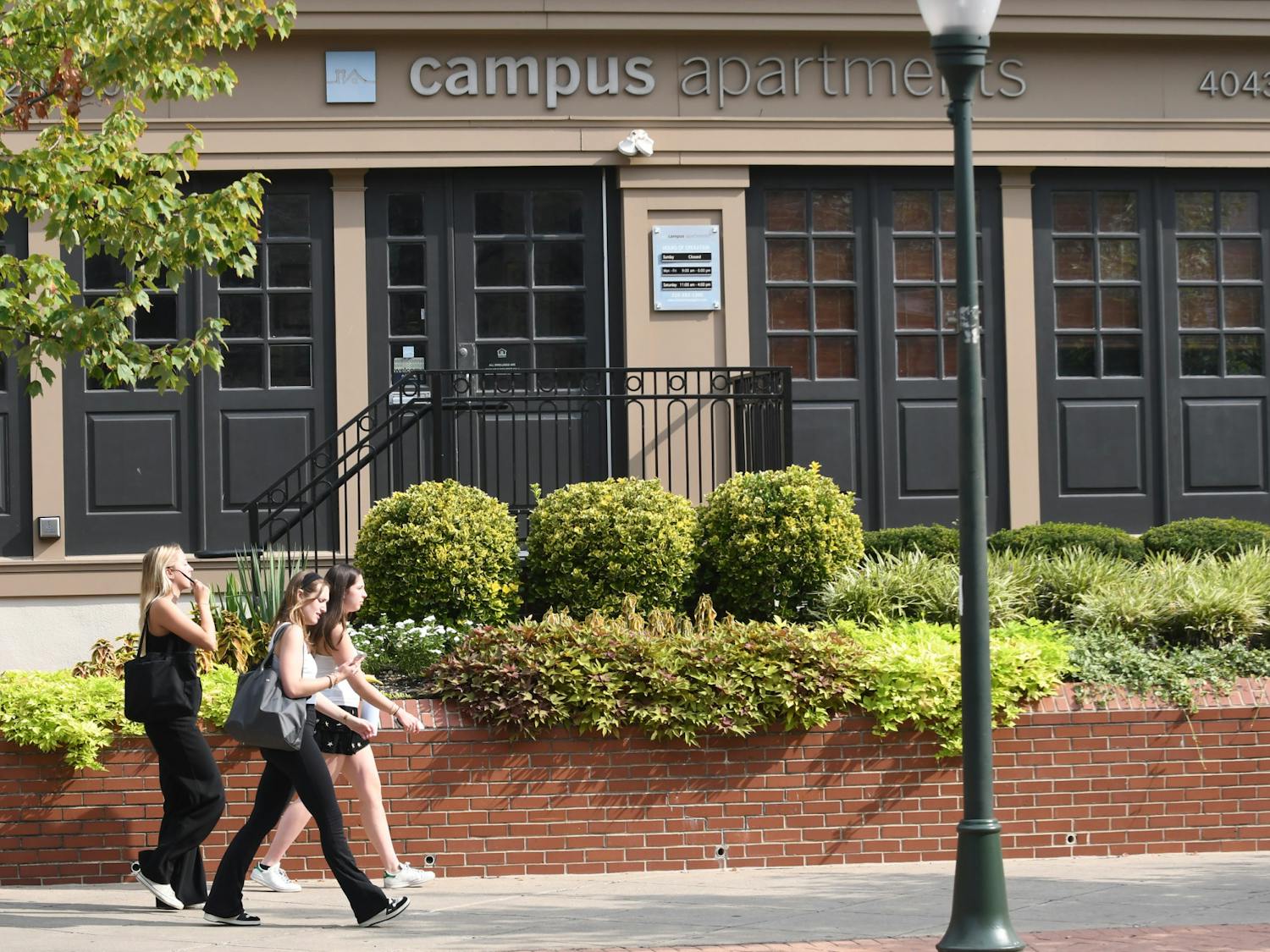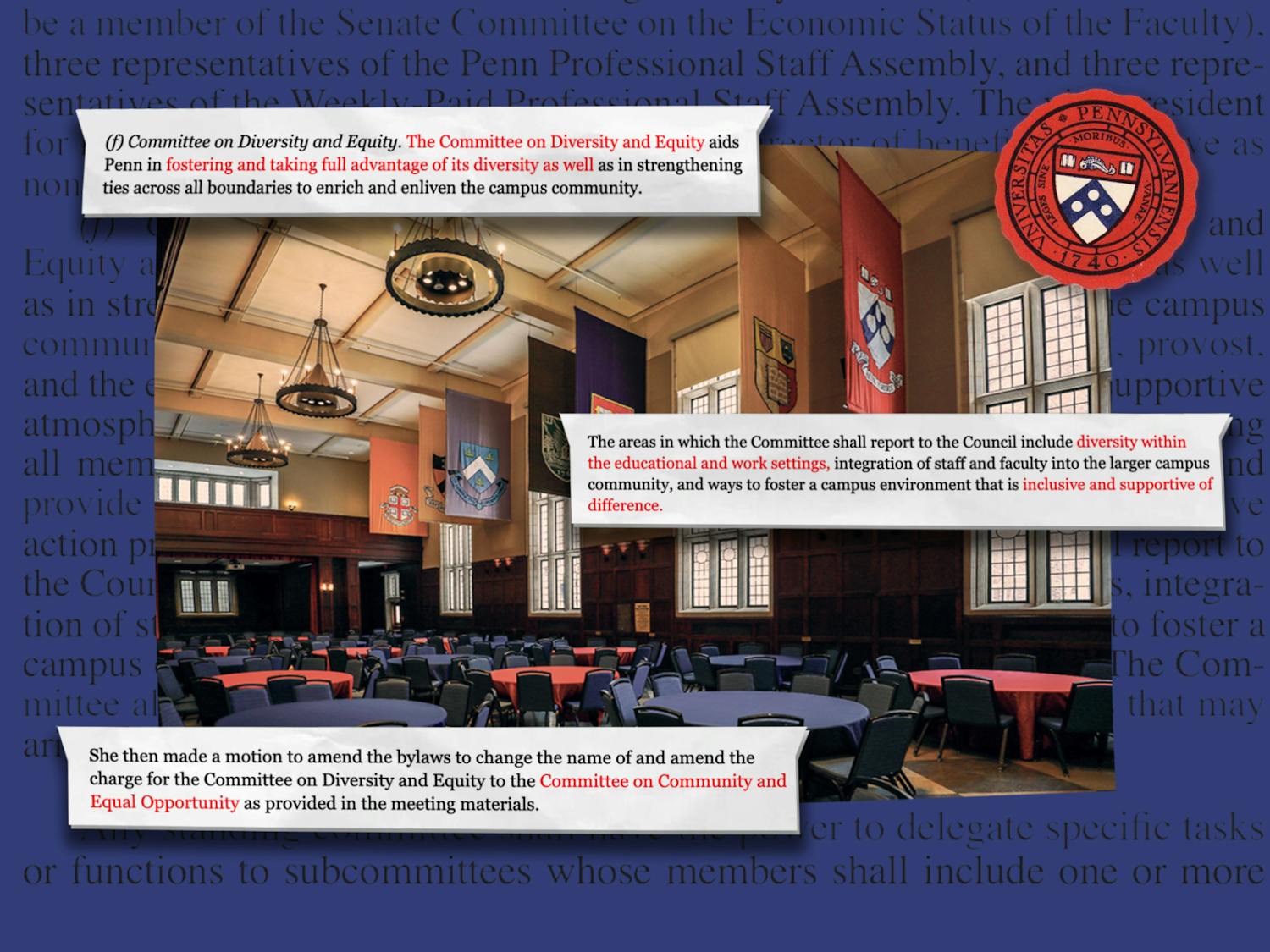The Princeton University administration will leave a controversial quote from a professor on a university-affiliated website after faculty members and a nonprofit group have criticized its inclusion.
In July 2020, Princeton Classics professor and Costen Professor in the Humanities Joshua Katz wrote an essay in which he called the Black Justice League, a former student group at Princeton, a “small local terrorist organization,” Inside Higher Ed reported.
In the essay, Katz criticized a list of demands that a group of Princeton professors sent to administrators earlier that month, urging the university to be actively antiracist. The demands included a formal apology to the Black Justice League, which was active on Princeton's campus from 2014 to 2016.
A segment of Katz's essay is on Princeton's To Be Known and Heard website, a website that "aims to continue and expand the conversation around racism at Princeton" according to its about page.
The segment appears under its "Race and Free Speech" section, and is immediately followed by quotations from Princeton's president Christopher Eisgruber and other Princeton faculty members rebuking Katz and his speech.
The Academic Freedom Alliance, a nonprofit established early last year working to "uphold the principles of academic freedom for faculty members at colleges and universities in the United States," requested that Princeton “refrain from using its administrative resources to target” Katz.
The AFA’s letter, sent to Princeton president Christopher Eisgruber on March 27, argued that the administration was denouncing a sitting member of its faculty and stated that this constituted a violation of academic freedom.
In response, Eisgruber said that he would “resist any suggestion” for the website to be edited to no longer mention Katz, citing concerns that such requests would require censorship. Consequentially, a segment of Katz’ controversial statement will remain on Princeton’s To Be Known and Heard website.
RELATED:
Amy Wax repeats racist rhetoric on national television amid ongoing University investigation
Penn Law’s Amy Wax doubles down on racist comments, says she will not resign ‘without a fight’
In July 2020, Eisgruber issued a statement saying that all students and faculty have an obligation to exercise free speech responsibly, and Katz failed to do so.









